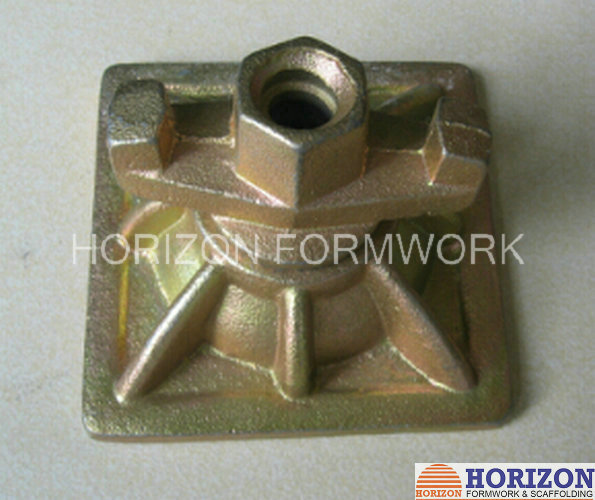Aug . 15, 2024 13:22 Back to list
Temporary Support Structures for Concrete Construction Projects and Their Importance in Structural Integrity
Falsework for Concrete Essential Support for Construction Projects
In the construction industry, the term falsework refers to the temporary structures used to support a permanent structure while it is being built. This is especially crucial in concrete construction, where the weight of the material and the complexity of the design necessitate robust support systems during the curing process. For companies specializing in concrete construction, understanding falsework is fundamental to ensuring safety, efficiency, and structural integrity.
The Role of Falsework in Concrete Construction
Falsework serves a myriad of purposes in concrete construction. First and foremost, it provides necessary support for freshly poured concrete, which can take days or even weeks to cure fully. During this curing period, concrete is extremely vulnerable and can easily deform under stress or weight. By utilizing falsework, construction companies can ensure that the concrete retains its intended shape, alignment, and strength.
Additionally, falsework enables the construction of complex forms and shapes that might not be feasible with permanent structures alone. This becomes particularly important in architectural designs that require unique aesthetics or structural ingenuity. Whether it's an arched bridge or a multi-story building with cantilevered elements, proper falsework allows engineers and architects to bring their visions to life.
Types of Falsework
There are several types of falsework systems used in concrete construction, each tailored to specific situations or construction methods.
1. Beam and Column System This traditional method consists of a framework of beams and columns that support the concrete formwork. It is particularly useful for large spans and heavy loads.
2. Scaffolding Often used in conjunction with formwork, scaffolding provides platforms for workers and tools. It can be adjusted in height, making it versatile for various construction sites.
falsework for concrete company

4. Precast Concrete Panels Some companies utilize falsework in combination with precast panels, allowing for quicker installation and reducing on-site labor needs.
Selecting the Right Falsework System
Effective falsework design and implementation depend on many factors, including the type of concrete being used, the specific project requirements, and environmental conditions. Companies must consider the load-bearing capacities of materials, the duration of support needed, and the potential for weather impacts during construction.
It is essential for concrete companies to work closely with experienced engineers during this phase of construction. A well-planned falsework system can enhance productivity by facilitating quicker formwork installation, allowing for simultaneous processes that can keep projects on schedule. Conversely, a poorly designed falsework system can lead to costly delays, structural failures, or, in the worst cases, accidents causing injury to workers.
Safety Measures and Best Practices
Safety is paramount in any construction activity, and the use of falsework introduces specific risks. Regular inspection and maintenance of falsework structures are crucial to ensuring that they remain secure and effective throughout the construction process. Companies should implement rigorous training for their crews, focusing on safe practices when erecting, utilizing, and dismantling falsework.
Moreover, adopting modern technologies such as 3D modeling and simulation can offer valuable insights into how a falsework system will perform under various conditions. By leveraging these tools, concrete construction companies can optimize their designs for maximum safety and efficiency.
Conclusion
In summary, falsework is an indispensable component of concrete construction. By providing necessary support and enabling complex designs, it plays a pivotal role in the successful execution of construction projects. Concrete companies that prioritize effective falsework planning and safety protocols will not only enhance their operational efficiency but also ensure the longevity and safety of their structures. As the construction industry evolves, continued innovation in falsework techniques and materials will further equip companies to meet the challenges of modern construction head-on.
-
Adjustable Heavy Duty Props for Slab Formwork | Strong & Reliable Support
NewsAug.23,2025
-
Adjustable Heavy Duty Props for Slab Formwork - Strong & Safe Support
NewsAug.22,2025
-
Formwork Spring Clamp Factories: Quality & Bulk Supply
NewsAug.21,2025
-
Premium Ringlock Scaffolding | China Manufacturer & Supplier
NewsAug.19,2025
-
Efficient Table Formwork for Fast Slab Construction & Reusability
NewsAug.18,2025
-
Timber Beam H20 Formwork & Shuttering - Durable & Reliable
NewsAug.17,2025